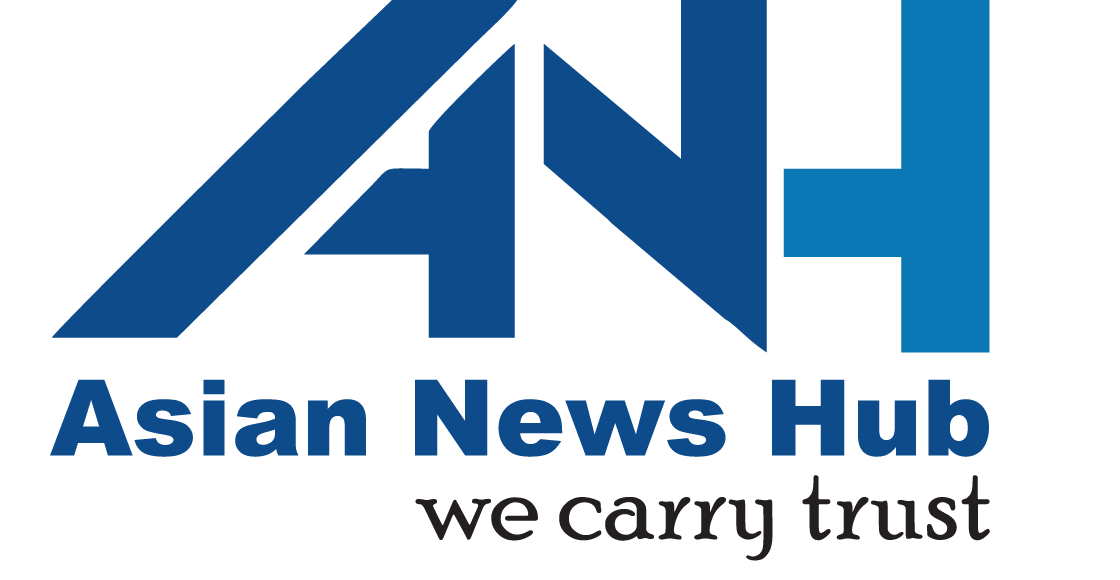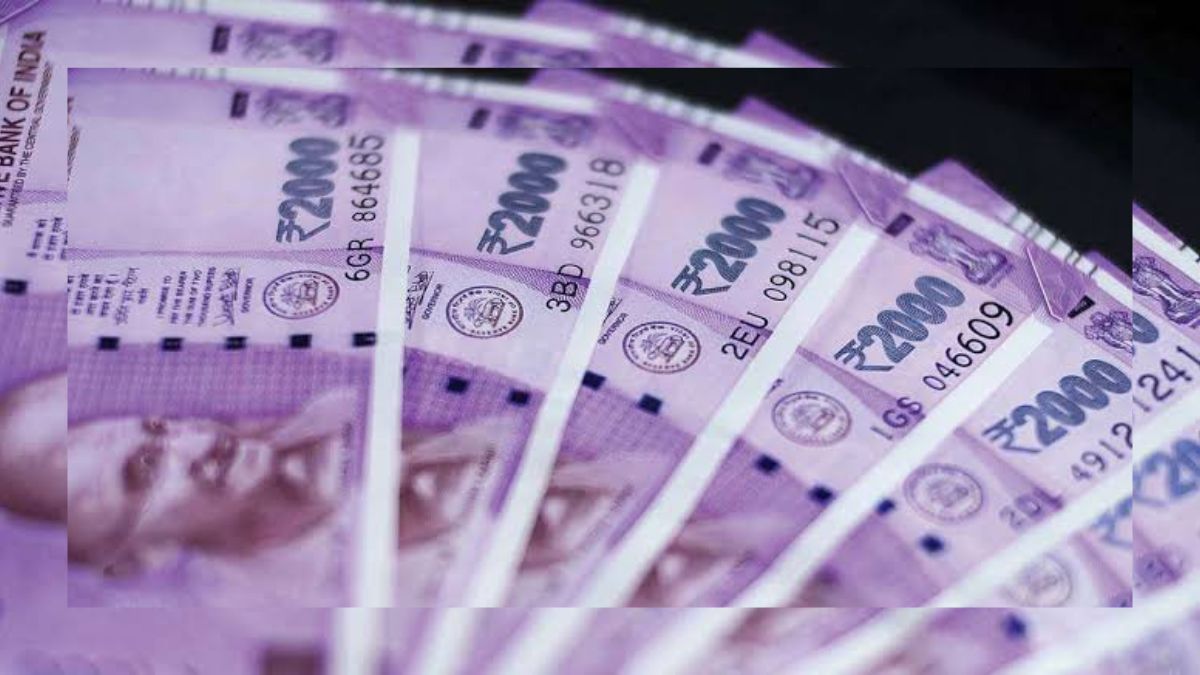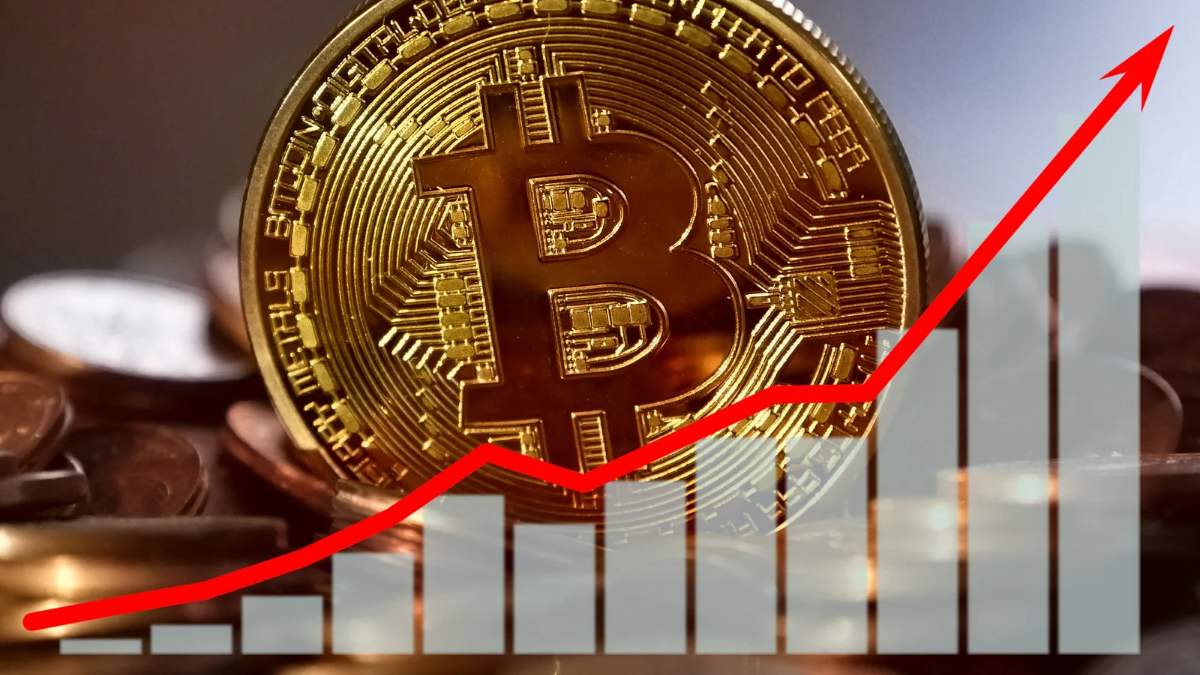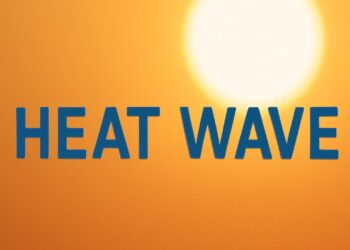New Delhi, Jul 17: Customers will have to shell out more for household items, bank services, hospitals and hotels from tomorrow with the Goods and Services Tax (GST) Council’s decision scheduled to come into force.
From Monday, July 18, the prices of several essential commodities and services are going to increase, including pre-packed, labelled food items and hospital rooms.
The decision was taken last month at the 47th GST meeting chaired by Finance Minister Nirmala Sitharaman and comprising her state counterparts, where they pruned the exemption list and imposed tax on a host of goods and services. The Council, based on an interim report of the Group of Ministers (GoM) on rate rationalisation, had also removed duty inversion for goods where the taxes on inputs were higher than those on the output.
Also Read: Covid case count irrelevant now, ‘Causes unnecessary public panic,’ says Doctor’s body
List of items that are becoming more expensive from Monday:
Customers will have to pay 5 per cent GST on pre-packed, labelled food items like atta, paneer and curd, besides hospital rooms with rent above Rs 5,000.
In addition, hotel rooms with tariff of up to Rs 1,000/day, maps and charts, including atlases, will attract a 12 per cent Goods and Services Tax (GST)
A total of 18 per cent GST will be levied on tetra packs and fees charged by banks for the issue of cheques (loose or in book form).
Tax rates on products such as printing, writing or drawing ink; knives with cutting blades, paper knives and pencil sharpeners; LED lamps; drawing and marking out instruments will be hiked to 18 per cent on Monday, from 12 per cent currently, to correct the inverted duty anomaly.
Solar water heater will now attract 12 per cent GST as compared to 5 per cent earlier.
Some services such as work contracts for roads, bridges, railways, metro, effluent treatment plants and crematoriums too will see tax going up to 18 per cent from the current 12 per cent.
Services rendered by regulators such as RBI, IRDA and SEBI will be taxed at 18 per cent and so will be renting of a residential dwelling to business entities.
Bio-medical waste treatment facilities shall attract 12 per cent GST, while non-ICU hospital rooms exceeding Rs 5,000/day will be levied 5 per cent GST, without input tax credit, to the extent of the amount charged for the room.
Besides, individuals will only be able to claim GST exemption for training or coaching in recreational activities relating to arts or culture or sports.
Also Read: Pulwama Attack: Injured CRPF ASI succumbs at hospital
List of items that are becoming cheaper from Monday:
Taxes will be cut on on ostomy appliances and on transport of goods and passengers by ropeways to 5 per cent from July 18, from 12 per cent.
Renting of truck, goods carriage where the cost of fuel is included will now attract a lower 12 per cent rate as against 18 per cent.
GST exemption on the transport of passengers by air to and from northeastern states and Bagdogra will be restricted to economy class only.
Electric vehicles, whether or not fitted with a battery pack, would be eligible for the concessional GST rate of 5 per cent from July 18.
















